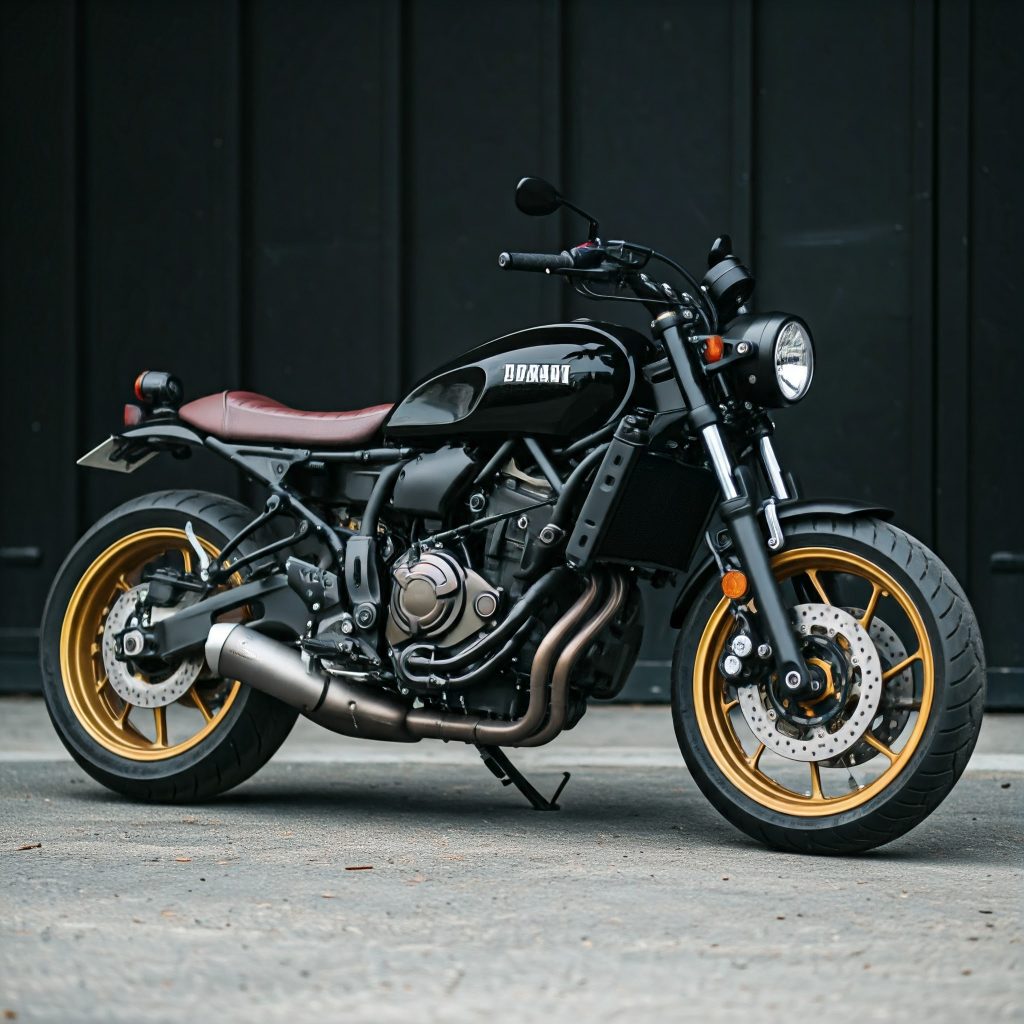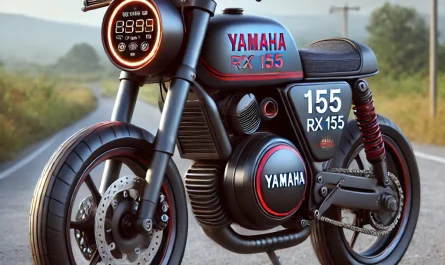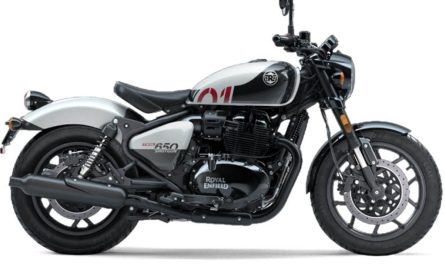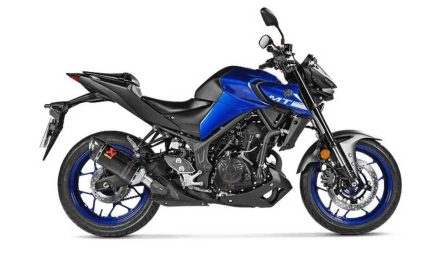Welcome to a thorough examination of the Yamaha XSR700, one of the most popular entry-level motorcycles available. Its features, background, riding impressions, and ideal users are all covered in this blog post. Let us get started!

History of the Yamaha XSR700
The XSR700’s roots trace back to the early 1970s, a time when motorcycles were embraced for their performance and style rather than merely for transportation. Legends like Steve McQueen inspired riders to begin personalizing their Universal Japanese Motorcycles (UJMs). Motorcycles built in Japan between the late 1960s and the early 1980s are referred to as UJMs because of their transverse inline-four engines.
In 1970, Yamaha introduced the XS650, a parallel twin that would become the grandparent of the XSR700. With 54 horsepower, it was both fun and comfortable for long rides. Fast forward to 2016, and Yamaha launched the XSR700 and its sibling, the XSR900, adding a modern twist to the retro café racer vibe.
Specifications and Features
A 689cc parallel twin engine with a 270-degree crank powers the XSR700. This setup is a lively option for riders, generating approximately 74 horsepower and 47 foot pounds of torque. The bike also has a rear mono-shock with preload adjustment and 41mm conventional forks. Although this configuration works well for street riding, it might not be sufficient for riders traveling at speeds higher than moderate.
- Engine: 689cc parallel twin, 74 horsepower, 47 ft-lbs torque
- Weight: Approximately 410 pounds
- Suspension: 41mm non-adjustable forks, preload adjustable rear shock
- Tires: 120/70-17 front, 180/55-17 rear
Riding Impressions
Riding the XSR700 is a unique experience. The bike’s weight allows for easy maneuverability, making it fun to flick through corners. Although some riders may find the pegs a little too high, the 32-inch seat height provides a comfortable riding position. With the ability to wheelie in both first and second gear, the bike is extremely playful and can be challenging for novice riders.
Throttle response is another point of discussion. The XSR700 exhibits a snatchy throttle feel that may take some getting used to. However, modifications such as an aftermarket exhaust and fuel controller can significantly enhance this aspect, making the ride smoother.
Braking and Handling
It is possible to characterize the XSR700’s braking performance as adequate. Typical of entry-level bikes, it has a wooden feel that might not give some riders the feedback they want. But in most cases, it is manageable and does the job well.
The way this bike handles corners is one of its best qualities. The lightweight design allows for effortless transitions, making it a joy to ride on twisty roads. The overall geometry of the bike encourages a confident riding style.
Competitors in the Market
When comparing the XSR700 to its competitors, two notable bikes come to mind: the Kawasaki Z650 and the Suzuki SV650. The Z650 has a slightly lower horsepower at 67.3 and weighs in at 412 pounds. It is priced around $7,000, making it a more affordable option. On the other hand, the SV650 offers 75 horsepower but weighs 434 pounds, with a price point of approximately $7,099.
While both competitors have their merits, the XSR700 stands out for its unique aesthetics and character. It appeals to riders looking for something beyond just performance—it’s about the experience and style.
Who Should Own the Yamaha XSR700?
The XSR700 is a great option for riders in their late 20s or older, particularly for those who are new to riding or have some riding experience. While it’s labeled as a beginner bike, its power and responsive throttle can be overwhelming for new riders. First-time riders should consider bikes with less power until they feel comfortable on two wheels.
Additionally, the XSR700 is perfect for those who appreciate customization potential. The aftermarket support for the bike is extensive, allowing owners to modify and personalize their rides to suit their tastes.
Final Thoughts
In conclusion, the Yamaha XSR700 is a fantastic machine that balances style, performance, and fun. It’s a bike that encourages you to grow as a rider while providing plenty of excitement. If you’re looking for a bike that combines retro aesthetics with modern performance, the XSR700 should be on your radar.


